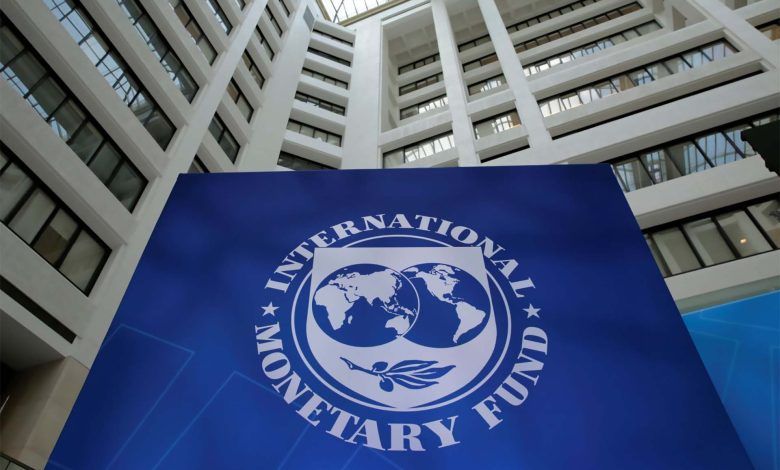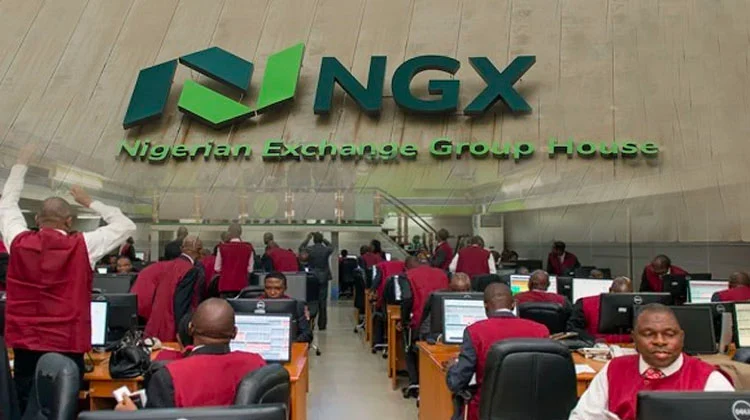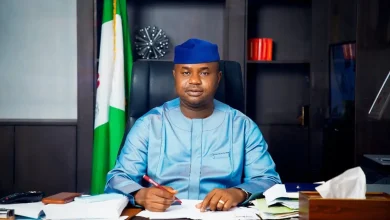
The managing Director of the International Monetary Fund (IMF) Kristalina Georgieva, has called on African leaders to strengthen regional cooperation and deepen intra-continental trade as a strategy to shield their economies from mounting global uncertainties.
Georgieva delivered the message during a press briefing on the global policy agenda at the IMF and World Bank Spring Meetings held Thursday in Washington D.C., highlighting the growing vulnerabilities faced by developing economies in a volatile economic landscape.
She noted that although Africa is home to some of the world’s fastest-growing economies, many low-income nations especially those affected by conflict are lagging further behind.
The IMF recently projected a dip in global growth, forecasting a decline to 2.8% in 2024, with a modest recovery to 3% by 2026. This outlook comes in the wake of rising trade tensions, including fresh U.S. tariff announcements, which have increased global uncertainty and threatened financial stability.
While Georgieva said the direct impact of U.S. tariffs on African economies is limited, she stressed that the indirect consequences are more significant, especially for nations reliant on global trade flows and external funding.
“In fact, we’ve had to downgrade growth projections for the continent,” she said, citing slower global growth and fluctuating commodity prices. “For oil-exporting countries like Nigeria, falling oil prices are putting pressure on public finances, while for oil importers, it brings some relief.”
To navigate the shifting global economic landscape, Georgieva urged African governments to eliminate barriers to intra-African trade, improve cross-border infrastructure, and capitalize on the continent’s strengths such as abundant natural resources and a growing youth population.
“The World Bank is actively working to reduce infrastructure bottlenecks that hinder growth and trade,” she said. “A more unified, collaborative Africa has the potential to emerge as a true economic powerhouse.”
She further advised African policymakers to strengthen economic fundamentals, emphasizing the importance of broadening the tax base, cracking down on evasion and avoidance, and leveraging technology to improve tax collection.
“Countries must tailor monetary policy to domestic conditions rather than copying their neighbors,” she said. “You have to assess your own inflation dynamics and revenue mobilization capacities.”
Georgieva concluded with a pointed reminder: “The actions of one country whether through conflict, mismanagement, or corruption can cast a shadow over the entire continent. Changing the global narrative about Africa starts from within.”
The IMF also projected that growth in emerging markets and developing economies will slow to 3.7% in 2025 and 3.9% in 2026, underlining the urgent need for internal resilience and cooperation among these nations.





